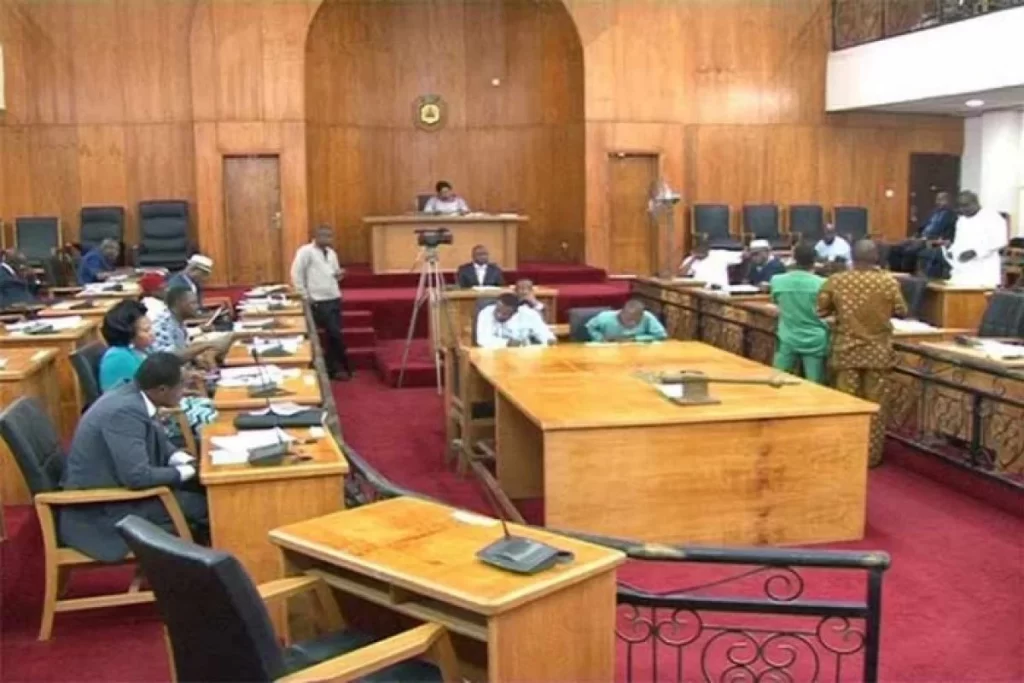
In a recent development, the Anambra State House of Assembly has successfully passed a bill that prohibits touting and related activities within all sectors of the state.
The bill was introduced to the House by Ikenna Ofodeme, who serves as the Majority Leader and represents the Ekwusigo constituency.
Following a detailed review by the Committee of the Whole, the proposed legislation was approved after it was presented for its third reading by the Majority Leader, Mr. Ikenna Ofodeme.
The motion to pass the bill was supported by the Minority Leader, Mr. Johnbosco Akaegbobi, a member representing Nnewi South Constituency 1.
After the session, Ofodeme, the Majority Leader, emphasized that the enactment of this bill into law would grant authorities the power to crack down on individuals involved in any form of touting, thereby restoring order and enhancing public safety throughout the state.
Describing touting as a long-standing issue that has caused disruptions and inconveniences for residents and visitors, Ofodeme stressed that the government’s aim is to foster a conducive environment for business operations to flourish by outlawing such activities.
He pointed out that touting is not limited to street vendors but also extends to various agencies like Immigration and FRSC, adversely affecting the state’s Internally Generated Revenue (IGR) and leading to the development of this bill to address the loopholes.
Ofodeme highlighted the significance of the Anambra State Anti-Touts Special Squad (SASA) in combating the issue and ensuring the swift apprehension of criminals, emphasizing that those carrying out enforcement tasks need to be adequately trained and physically fit.
Additionally, he assured that the law protects both the law enforcement personnel and the offenders, with provisions set in place to handle the criminals appropriately without resorting to any form of torture.
Furthermore, the Speaker of the Assembly, Mr. Somtochukwu Udeze, disclosed that the law would take effect on April 10, 2024, upon receiving the assent of Governor Chukwuma Soludo.
